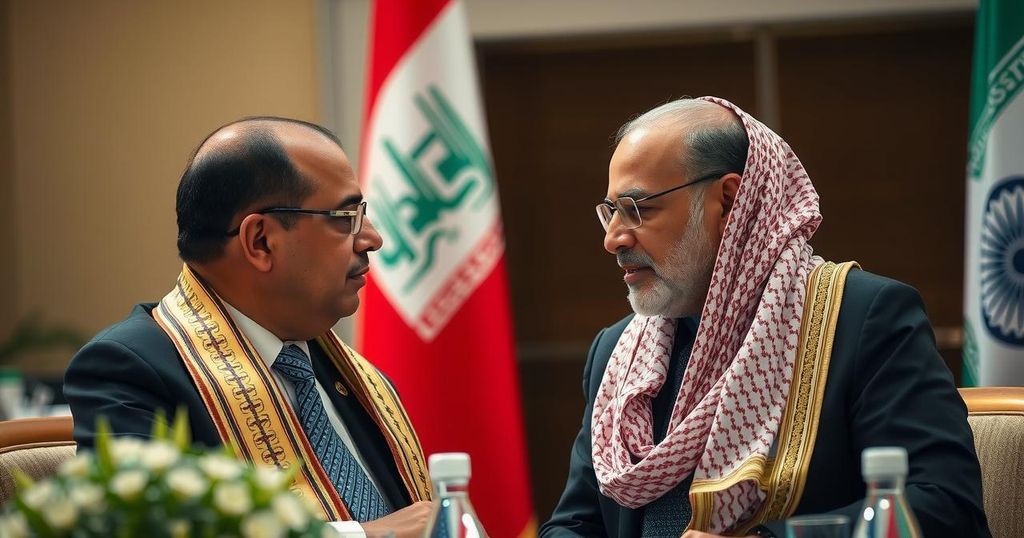US NSA Jake Sullivan and Ajit Doval: Strengthening India-US Ties
US NSA Jake Sullivan will engage with NSA Ajit Doval to enhance India-US strategic cooperation and discuss the Middle-East Economic Corridor initiative. Despite potential challenges in the region, both nations aim to operationalize this economic project. Sullivan’s tenure has been marked by significant technology transfers and defense support to India, reinforcing the strategic partnership.
United States National Security Advisor Jake Sullivan is set to engage in the third round of discussions on the Initiative on Critical and Emerging Technologies (iCET) with India’s National Security Advisor, Ajit Doval. The dialogue aims to fortify the strategic partnership between the two nations and facilitate advanced technology transfer to India. Although this meeting may appear as a farewell for Sullivan, key topics including the operationalization of the Middle-East Economic Corridor, which has encountered challenges due to the Gaza conflict, are anticipated to be addressed.
Officials indicate that the Middle-East Economic Corridor is poised for development, particularly following Israel’s recent actions against Iranian-affiliated militias in the region. Signatories of the Abraham Accords are reportedly prepared to engage in economic collaborations. Prime Minister Narendra Modi is scheduled to meet with Sullivan, acknowledging his efforts to enhance India-US relations.
Sullivan’s tenure has included pivotal support for India, facilitating critical technology transfers and advocating for crucial defense agreements, including the F-414 jet engine pact. He has also emphasized India’s role in establishing a semiconductor production capability as a counterbalance to China’s dominance. His promotion of advanced US technology in telecommunications, military systems, quantum computing, and space infrastructure has been recognized and appreciated in India.
Throughout his administration, Sullivan has strategically addressed Pakistan’s involvement in cross-border terrorism against India and rectified potential diplomatic strains regarding the Khalistani terrorist G.S. Pannun. By ensuring that the Biden administration comprehended India’s concerns about terrorism linked to Khalistani movements in Punjab, he played a constructive role in preserving India-US diplomatic relations. Minister of External Affairs S. Jaishankar also recently visited Washington to engage with officials from the outgoing administration and the incoming team of NSA Mike Waltz.
The discussions between the United States and India come at a time of shifting geopolitical dynamics in the Middle East. Sullivan’s dialogue coincides with ongoing regional tensions, particularly due to activities in Gaza. The Middle-East Economic Corridor is a significant strategic initiative that aims to foster economic integration among nations in the region, with US support being crucial for its success. This meeting is also pivotal as it highlights the sustained commitment of the Biden administration to strengthening ties with India, particularly in the realms of technology and defense, amid a changing global landscape.
In essence, the meeting between Jake Sullivan and Ajit Doval serves as both an affirmation of the strong India-US partnership and a strategic dialogue to address regional challenges. Sullivan’s efforts have not only bolstered defense and technology cooperation but also reinforced the understanding of regional security concerns. As India navigates its geopolitical landscape, the outcomes of this dialogue may significantly influence future relations between the two allies, particularly with the transfer of vital technologies and the operationalization of the Middle-East Economic Corridor.
Original Source: www.hindustantimes.com








Post Comment